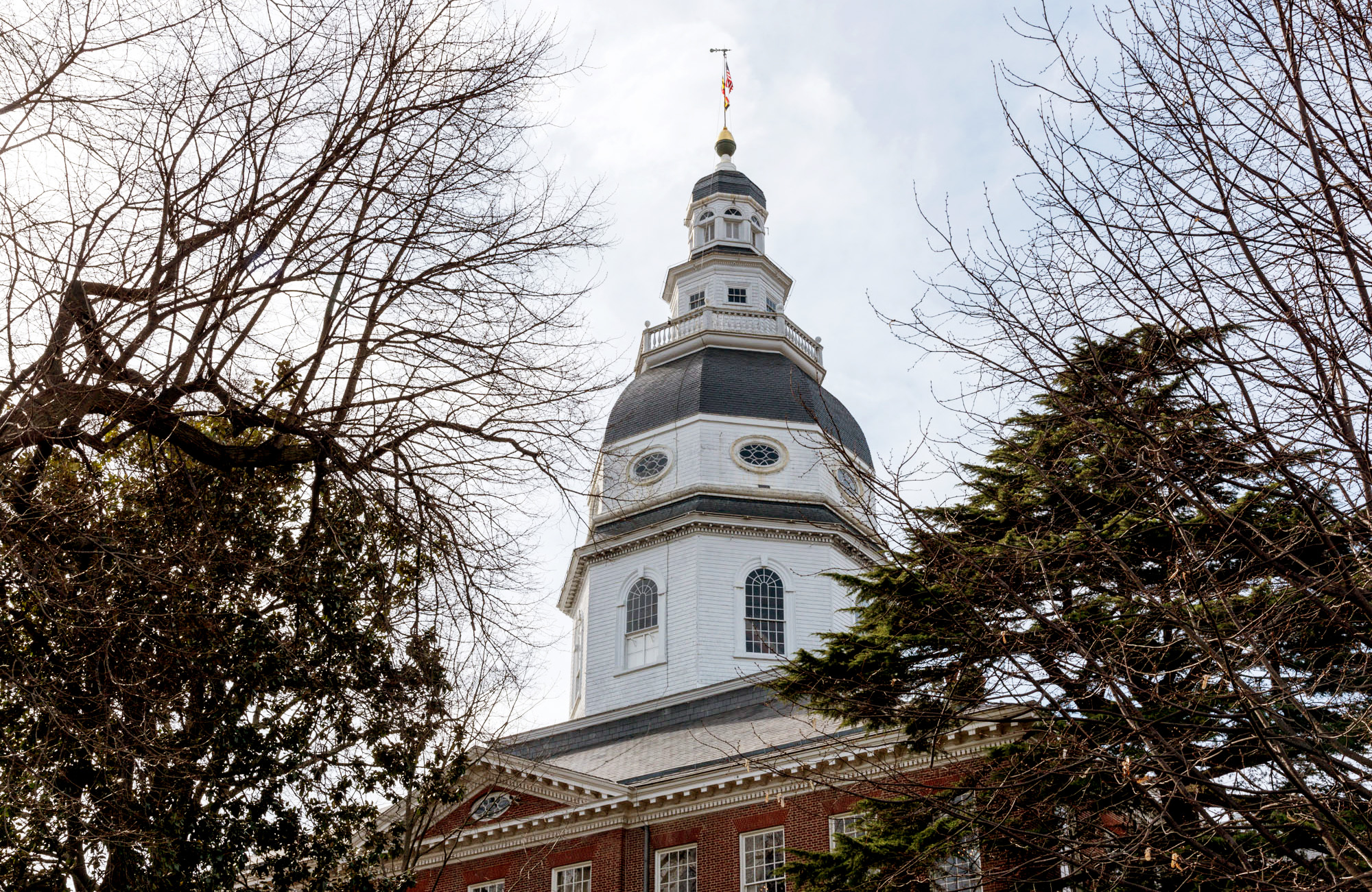ANNAPOLIS, Maryland — Maryland lawmakers passed a bill Tuesday to expand access to abortion statewide by increasing insurance coverage and training more healthcare professionals to provide abortion care.
The Abortion Care Access Act, sponsored by Del. Ariana Kelly (D-Montgomery County), would allow nurse practitioners, nurse midwives and physician assistants to provide abortion care in Maryland. Currently, only physicians in the state have been allowed to perform abortions — which abortion advocates said left two-thirds of the state’s counties without a single abortion provider.
The bill would create a training program to ensure “that there are enough health professionals to provide abortion care,” according to the bill. The bill would require $3.5 million yearly in state funding for the program beginning in fiscal year 2024.
The bill would also aim to enhance equity in access to abortion coverage in Maryland insurance plans. It would require private insurance plans, except for those with legal exemptions, to cover abortion care without cost-sharing or deductibles. “This is a big deal,” president and CEO of Planned Parenthood of Maryland Karen Nelson told the Associated Press Tuesday. “We know that just because it’s legal on the books does not always mean that there’s access, and so today the Maryland General Assembly made sure that there will be access.”
[Maryland General Assembly approach final budget for next fiscal year]
Republican lawmakers attempted to amend the bill multiple times throughout the session-long debates across both chambers. Many opposed the measure on moral grounds, saying it pushes Maryland’s already-liberal abortion care laws too far.
In a final stand against the bill, Senate Minority Whip Justin Ready (R-Carroll County), recounted numerous proposed and rejected amendments.
“This is a bad bill whether you think abortion, at some level, should be legal or not,” Ready said. “It’s pretty frustrating here to look at the things that we’re trying to put some responsibility into this bill, that were all resoundingly rejected.”
The Senate sponsor of the bill, Sen. Delores Kelley (D-Baltimore County), criticized the additional amendments proposed for the bill. Lawmakers got into a heated debate over multiple Republican amendments, including one that would have provided mental health protections for Marylanders who receive abortions.
“The main thing that the bill is doing is not to add abortions or deny them. It is to help us to have available practitioners in Maryland for something that has been legal here since 1991,” Kelley said. “We want to deal with the problems that are real, and not with imaginary problems that don’t exist and don’t reflect the purpose of this bill.”
The passage of the Abortion Care Access Act came just days after the General Assembly did not advance a proposal that would have let Maryland voters in November decide whether to include abortion rights in the state’s constitution. The proposal, sponsored by House Speaker Adrienne Jones, was passed in the House of Delegates last month.
[UMD Horowitz Center would make health literacy more accessible]
After the Abortion Care Access Act received preliminary approval in the Senate on March 25, Senate President Bill Ferguson said that measure would be “the only time we take up this issue this session.”
“I know there are lots of other possible ideas out there. I think this is the issue that we will take on for this session,” Ferguson said to colleagues during the Senate’s March 25 session.
The referendum for a constitutional amendment would have required a three-fifths vote in the Senate to appear on the ballot this fall. The Senate passed the Abortion Care Access Act Tuesday by a vote of 28-15.
The push to protect abortion access in Maryland is a response to restrictive abortion bans nationwide, Kelley said. A Texas law enacted last year banned abortion as early as six weeks into a pregnancy. Other states have implemented similarly restrictive legislation.
The U.S. Supreme Court is also expected to overturn its landmark Roe v. Wade ruling this spring — a case that granted the constitutional right to obtain an abortion. Across the nation, 21 states have laws that could restrict the legal status of abortion if the court overturns Roe v. Wade.
The bill will now head to the desk of Maryland Gov. Larry Hogan for his signature. Hogan has previously stated he is personally against abortion, but has called the issue settled law in the state. The governor’s office has not released a statement on whether he will sign the bill. Democrats in the General Assembly passed the measure with enough time to override a possible veto by Hogan during this legislative session, which ends April 11.



